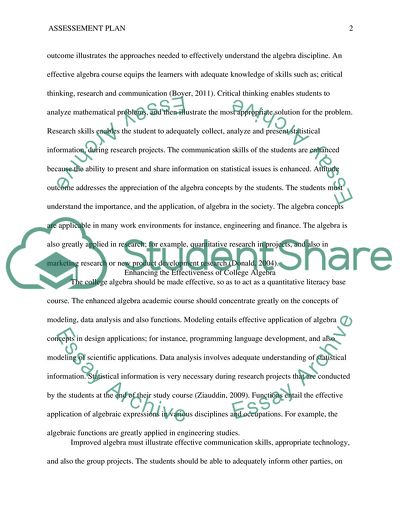Cite this document
(“Assessment Plan on College Algebra Research Paper”, n.d.)
Assessment Plan on College Algebra Research Paper. Retrieved from https://studentshare.org/education/1677964-assessment-plan
Assessment Plan on College Algebra Research Paper. Retrieved from https://studentshare.org/education/1677964-assessment-plan
(Assessment Plan on College Algebra Research Paper)
Assessment Plan on College Algebra Research Paper. https://studentshare.org/education/1677964-assessment-plan.
Assessment Plan on College Algebra Research Paper. https://studentshare.org/education/1677964-assessment-plan.
“Assessment Plan on College Algebra Research Paper”, n.d. https://studentshare.org/education/1677964-assessment-plan.


